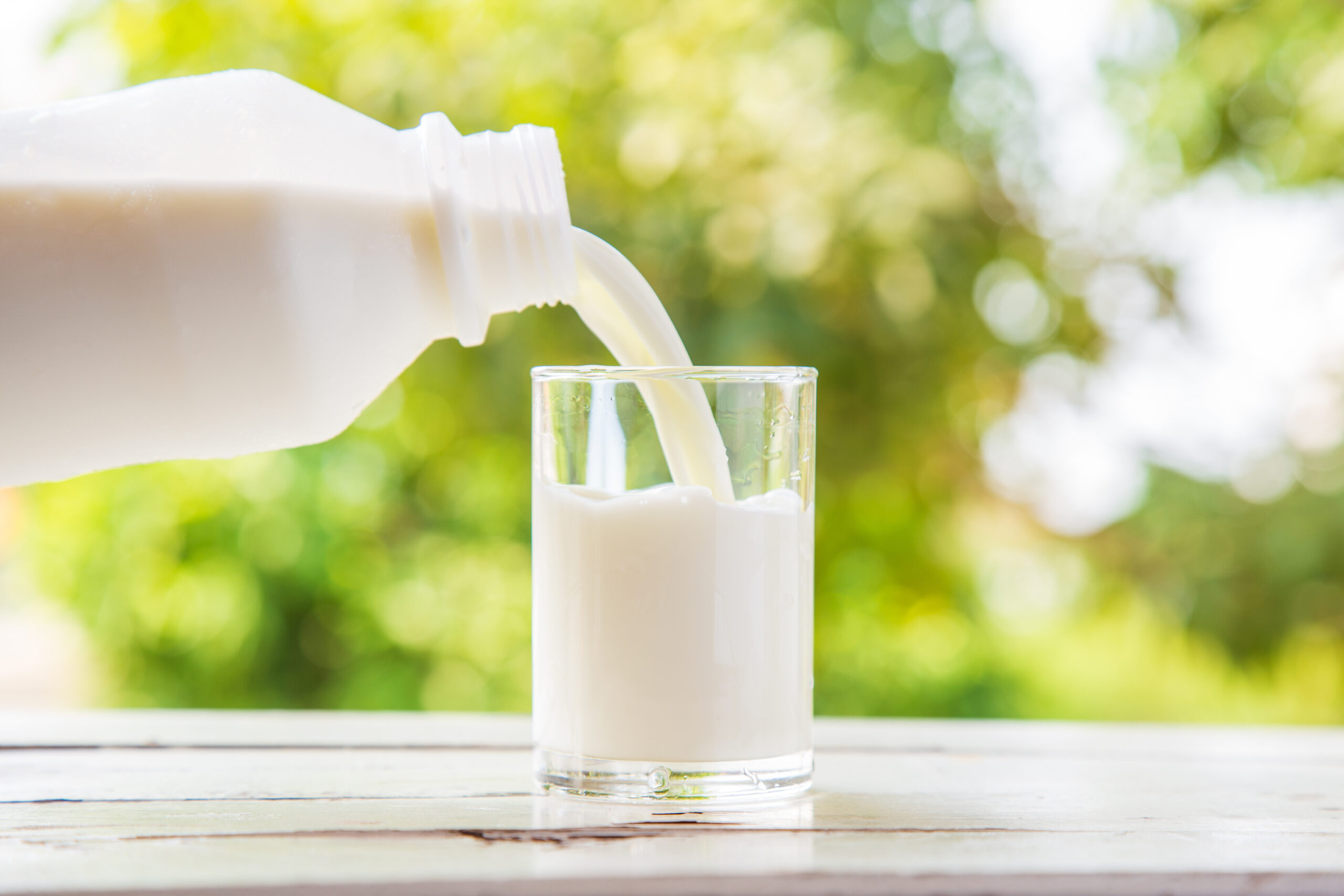More than 50 percent of people in the United States don’t get enough vitamin D. You may know that vitamin D has been linked to bone health since it helps the body to absorb calcium. However, what you may not know is that it is also important to kidney health.
The Link Between Vitamin D and Kidneys
People get vitamin D from three sources: the sun, food, or supplements. The kidneys help the body to turn the vitamin D it takes in from the sun or from supplements into its active form, a substance the body can use.
Often, people with chronic kidney disease are very deficient in vitamin D, sometimes severely so. The reason for this is that as kidneys become more and more damaged, they are not as effective in turning vitamin D into its active form. Elderly people with kidney disease seem to be among those especially susceptible to vitamin D deficiency.
Because vitamin D can be an issue for seniors with kidney disease, a doctor may suggest they take a supplement, even in the early stages. In addition, family caregivers can help older adults to support kidney health by serving foods that are rich in vitamin D. Some good sources are:
- Cheese.
- Beef liver.
- Fatty fish, such as tuna, mackerel, and salmon.
- Egg yolks.
- Foods that have been fortified with vitamin D, like certain dairy products, orange juice, and cereal.
Other Ways to Support Kidney Health
In addition to eating foods that contain vitamin D, there are plenty of things seniors can do to improve their kidney health, such as:
-Exercise: Exercising regularly can support kidney health through weight loss and lowering blood pressure.
-Control Blood Sugar: Uncontrolled blood sugar can harm the tissues in the kidneys.
-Keep an Eye on Blood Pressure: Having blood pressure that is consistently higher than 140/90 can also damage the kidneys.
-Stay Hydrated: Drinking plenty of water helps the kidneys to flush toxins from the body.
If your older family member has chronic kidney disease, home care can help them to maintain, and perhaps improve, their kidney health. A home care provider can prepare meals that are balanced and healthy as well as including foods that contain vitamin D. Home care providers can also help your older family member to exercise by doing things like taking walks with them or driving them to an exercise class or facility. Home care providers can also remind the older adult to take medications or supplements suggested by the doctor for managing kidney problems.
Sources
https://www.kidney.org/news/
https://www.webmd.com/
https://www.healthline.com/


